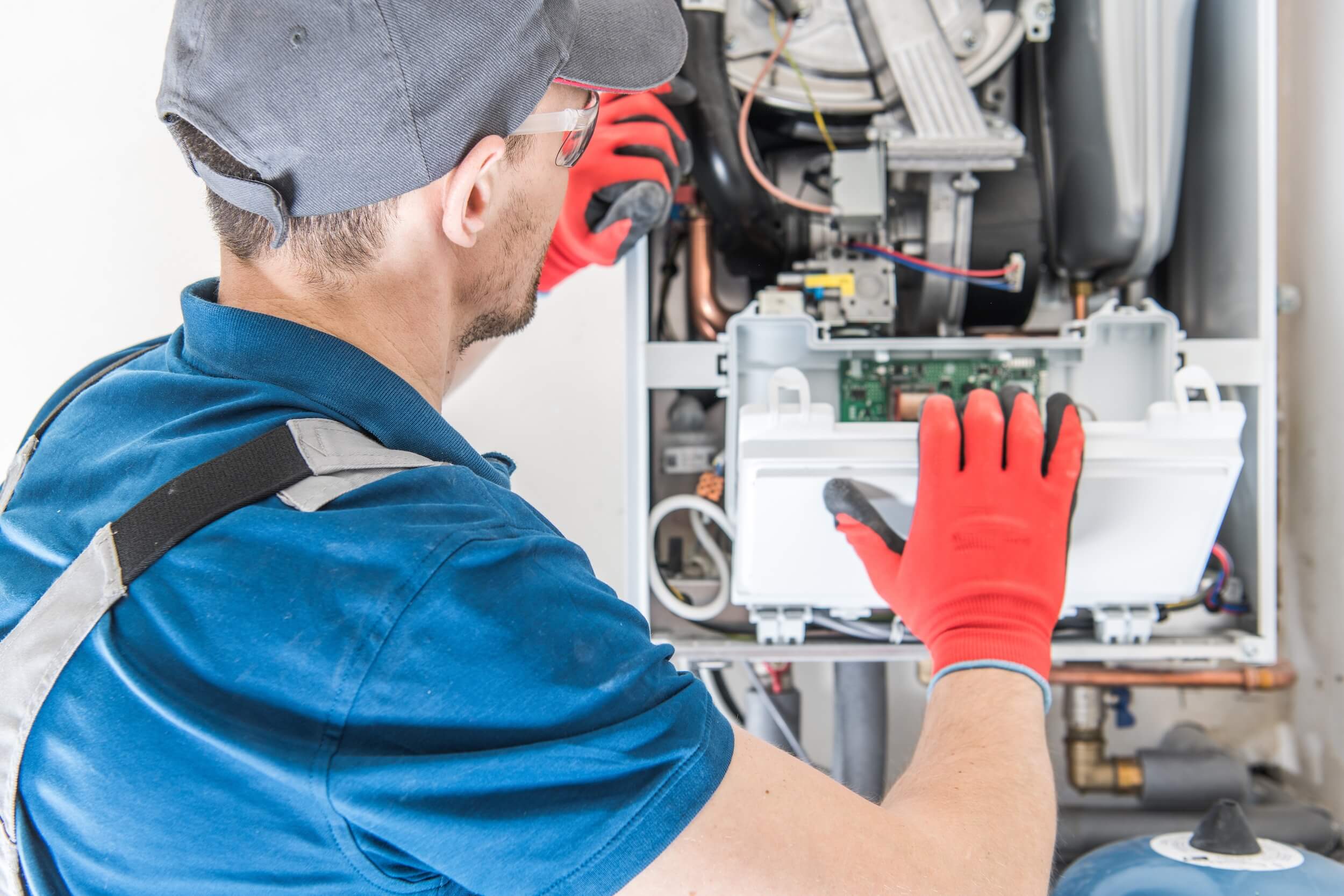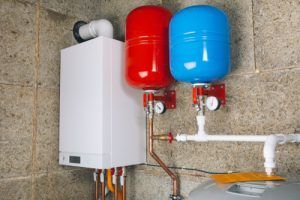Handling the Top Water Heater Crisis Situations
Handling the Top Water Heater Crisis Situations
Blog Article
They are making a few good points about Common Hot Water Heater Problems overall in this great article underneath.

A water heater is one of the most essential standard appliances that can be located in a home. With water heaters, you don't need to undergo the anxiety of home heating water manually every time there is a demand to take a bath, do the laundry, or the dishes. There is constantly a possibility that your water heating unit would certainly act up as with many mechanical tools.
It is very important to keep in mind any type of little malfunction as well as tackle it rapidly before points leave hand. Most times, your hot water heater begins to malfunction when there is an accumulation of debris as a result of continuous usage. As a safety measure, periodic flushing of your water heater is advised to stop debris build-up as well as prevent functional failure.
Typical hot water heater emergencies and also how to take care of them
Dripping hot water heater tank.
In this circumstance, you must turn off your water heater, enable it to cool down, and also very carefully look for the source of the problem. At times, all you require to do is to tighten up a few screws or pipeline links in instances of minor leaks. If this does not function as well as the leak continues, you could require to utilize the solutions of a service technician for an ideal substitute.
Fluctuating water temperature level.
Your hot water heater might begin creating water of different temperatures usually ice scalding or cold warm. In this circumstance, the first thing you do is to ensure that the temperature level is set to the wanted degree. If after doing this, the water temperature keeps changing during showers or other activities, you could have a faulty thermostat. There could be a demand to change either the thermostat or the home heating system of your hot water heater.
Insufficient hot water
It might be that the water heating unit can't sustain the hot water demand for your house. You might update your water heating unit to one with a larger ability.
Tarnished or smelly water
When this takes place, you require to know if the problem is from the water or the tank source. If there is no funny smell when you run cold water, then you are particular that it is your water heating system that is defective. The smelly water can be created by rust or the buildup of bacteria or debris in the water heating unit storage tank.
Final thought
Some property owners overlook little caution as well as minor faults in their water heater system. This only brings about further damages and also a feasible full breakdown of your home appliance. You must take care of your hot water heater mistakes as quickly as they come near prevent more expenses and unnecessary emergency troubles.
With water heating systems, you don't need to go via the stress of home heating water manually every time there is a need to take a bath, do the laundry, or the recipes. Your water heating unit could begin generating water of various temperatures normally ice scalding or chilly hot. It may be that the water heater can not support the hot water need for your home. If there is no funny smell when you run chilly water, then you are particular that it is your water heating system that is defective. The smelly water can be triggered by corrosion or the accumulation of microorganisms or debris in the water heating system container.
Water Heater Burst: Why This Happens And What To Do Next
Water Heater Explosion Warning Signs
Since storage water heaters are made of metal and store large volumes of heated water, they carry an increased risk of leaking or even exploding as they begin to rust at the fittings and seams over time. If the thermostat controlling the water temperature within the tank is faulty, or if mineral buildup inside the water heater prevents the thermostat from sensing the water’s temperature correctly, the water could become overheated. This will expand its volume within the tank, causing it to press at the tank’s fittings and seams. If these fittings and seams are rusted or corroded, the pressure could result in a leak or even an explosion.
Here are some risk factors and warning signs of an increased risk of water heater leak or explosion:
Your water heater is more than 10 years old. Your water heater makes clanking, banging or rumbling noises as it heats up, indicating that sediment has built up and hardened inside the tank. There is visible rust on the outside of the water heater, especially located at the pipe fittings or the seams that run down the tank. There is rusty water coming from your water heater, indicating that there may be rust building up inside. Your water heater is leaking, which could indicate either a crack somewhere in the tank or a malfunctioning temperature-and-pressure (T&P) relief valve. What To Do When Water Heater Leaks
If you find water dripping or seeping out of your water heater, or pooling around it, it means your water heater is leaking. If you find a leak, it may be best to call a plumbing professional to diagnose the problem and determine how best to handle it. If you choose to tackle it on your own, there are a few things you can do.
TURN OFF THE POWER
Next, shut off the power to the hot water tank at your home’s electrical breaker box. If you don’t shut off the power, the heating elements within the tank could continue to stay hot, which could pose a fire risk.
If you have a gas-powered water heater, you’ll also need to shut off the gas line leading into the tank.
FIND THE LEAK
Now it’s time to determine where the leak is coming from. Likely locations are the T&P valve, the drain valve or one of the pipes or fittings that feed into the top of the tank. If you see any rust or corrosion on the outside of your water heater’s tank, pipes or fittings, these could also be the source of the leak.
REPAIR THE LEAK
Once you determine the source of your water heater leak, you’ll have a better idea of what steps you need to take to fix the problem. It may be a simple fix—such as using a wrench to tighten fittings or replacing the T&P valve—but it may be something more complicated. You may even need to drain the tank, remove the water heater and install a new one.
https://www.abchomeandcommercial.com/blog/water-heater-burst/

We had been guided to that write-up about Is Your Water Heater Leaking? through someone on another domain. Those who enjoyed our page plz remember to share it. Thank-you for taking the time to read it.
Quick fix? Dial! Report this page